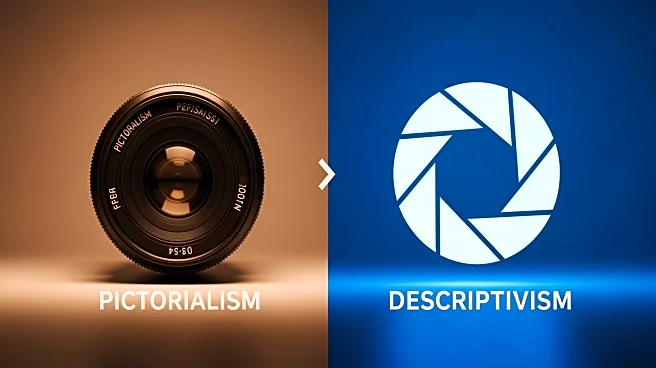What's Happening?
At the Frankfurt Book Fair's virtual digital rights meeting, industry leaders discussed the impact of artificial intelligence on publishing. Chantal Restivo-Alessi from HarperCollins, Dr. Jessica Sänger from the German Publishers and Booksellers Association,
and Fatimah Abbas from FALA Agency highlighted the dual approach of pursuing AI licensing agreements while protecting against unauthorized content use. The industry faces a complex regulatory landscape, with emerging business models such as collective licensing, revenue-sharing, and strategic partnerships. The AI market in publishing is projected to reach $3.7 billion by 2030, influencing content generation, translation, and rights management.
Why It's Important?
The integration of AI in publishing presents both opportunities and challenges. While AI can enhance content monetization and operational efficiency, it also poses risks of copyright infringement and market dilution. Legal challenges are mounting, with authors filing lawsuits against AI developers for using copyrighted works in training datasets. The European Union's regulatory approach includes exceptions for text and data mining, which could influence global standards. Publishers must navigate these complexities to protect intellectual property while capitalizing on AI's potential to drive growth.
What's Next?
Publishers are developing technical standards like TDM Rep to manage rights and signal licensing availability. The industry is divided between protective measures and revenue opportunities, with some adding 'no AI use' clauses to contracts. As AI continues to evolve, publishers must engage in conversations to shape the future of rights management and ensure fair compensation for content use.
Beyond the Headlines
The ethical implications of AI in publishing extend beyond copyright issues. The technology's ability to generate and translate content raises questions about cultural representation and authenticity. As AI becomes more integrated into publishing, stakeholders must consider its impact on diversity and inclusion in content creation.
















